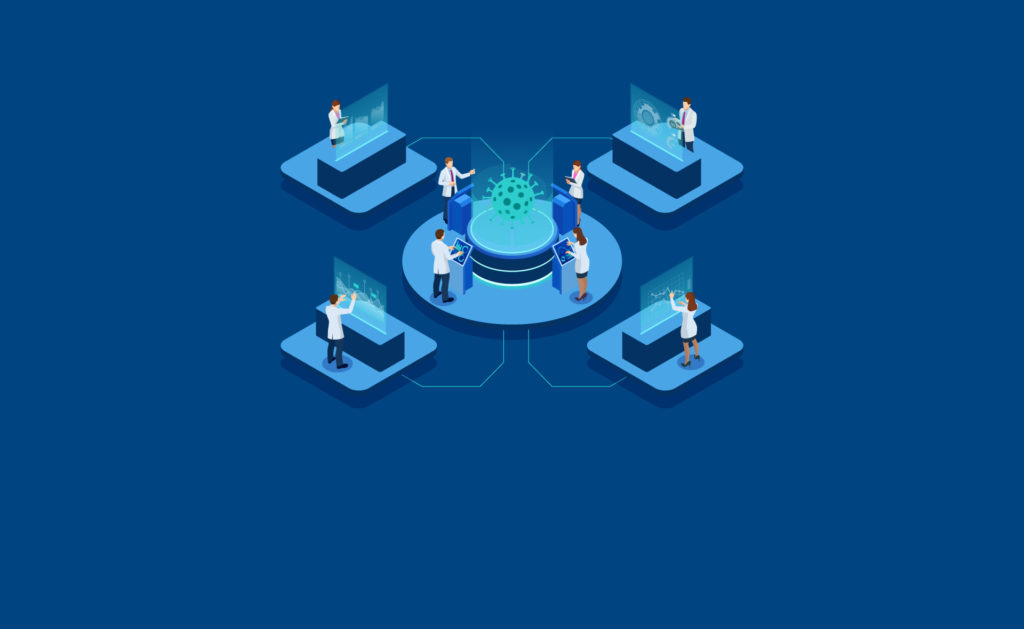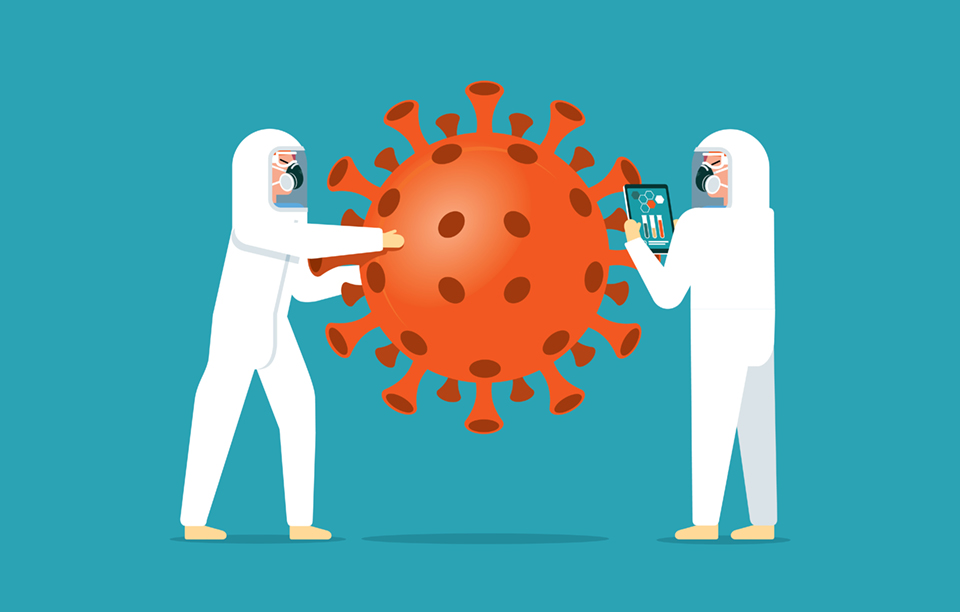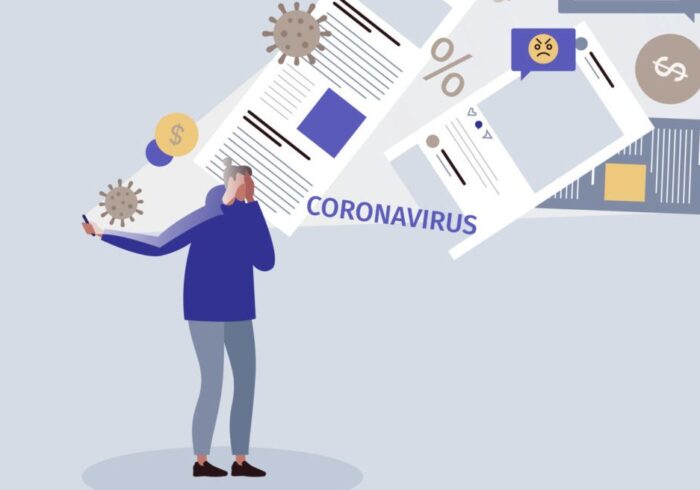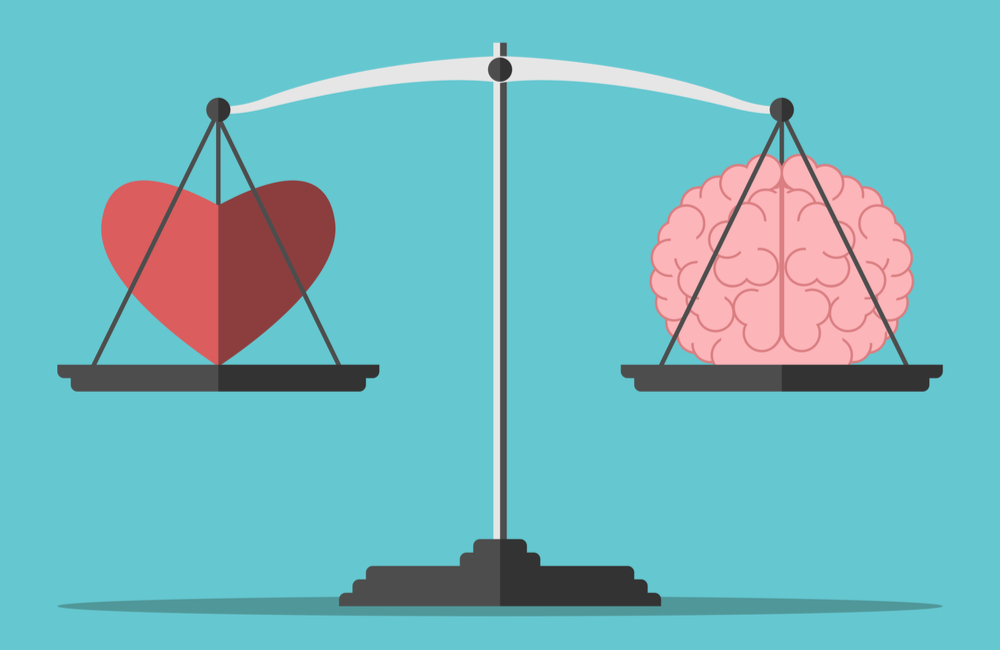In order for AI to effectively evolve to better support decision making issues in regard to global climate change, collapsing ecosystems, international conflicts, and extremism, the technology requires complex research. The evolution of intelligence plays a key role in the enablement of more efficient choices being made, as well as when to employ those capabilities, by processing that stored information. Intelligence can be looked at as the ability to produce effective responses or courses of actions that act as solutions to complex problems.
As intelligence is seen to solve these complex problems, it is evidence that human intelligence has led to great progress in producing various solutions for problems of past generations, such as longer life expectancy and better education. Although, these transformations have unintended consequences, in that many of the benefits themselves have unexpected downsides.
Humans are now facing a complex network of interdependent global problems, which are becoming increasingly incapable of being dealt with effectively. The successes of human intelligence can be looked at as the cause of the challenges that are being faced. This issue was recognized in 1973, in a paper (Rittel and Webber, 1973) in which the authors discussed the term “wicked problems” as opposed to benign problems which are tractable. Machines are highly sophisticated, and have the power to turn upside down the knowledge work in every day company departments. Artificial intelligence has the ability to outperform brain power.

The question as to why there should be a human in the decision processes of artificial intelligence arises as people have overstepped in their domain of competence. There are reasons for this, the first being that even if AI one day has the capability of functioning on its own without human interaction, it is implied that humans have confidence in those systems. Humans and machines would have the ability to work together, to learn the strengths and weaknesses of each other’s capabilities. Secondly, there is the issue of the presence of a vast, unquantifiable reservoir of experiential implicit knowledge. If an AI system is able to run without humans, then the system faces the issue of absorbing the knowledge that cannot be itemized in databases.
COVID-19 has completely interrupted previous predictions and analysis conducted by humans and AI. Previous data, deemed relevant before the pandemic, is no longer useful. Entire business models and strategies have become outdated, while entirely new approaches replace them. AI and machine learning technology is extremely important in the fight against COVID-19 as they aid both patients and providers. The technology also plays a large role in helping healthcare businesses recover financially as it identifies and assists those most in need.
Telehealth has exploded; AI has helped reduce the administrative burdens within healthcare systems. AI has reduced the burden of paperwork, which automates the process that usually takes away from patient and physician time. In addition, more optimized business strategies are being implemented in healthcare systems due to AI’s aid to patients and researchers. As the world moves forward, and health systems’ financial situations are assessed from lockdown, AI-driven analytics are essential in driving cost efficiencies.
Using multiple sources of data, machine learning models could be trained to measure an individual’s risk of suffering severe outcomes if infected with COVID-19. As well, the technology could classify people as being “low risk” or “high risk,” and if they would likely need intensive care if they were to get infected. These clinical risk predictions have the ability to shape policies and resource allocation.
The present data required for accurately assessing an individual’s risk for contracting the virus are not currently accessible. Governments need to ramp up national health data, or roll out more comprehensive electronic medical records to help learn this data. Although, this is difficult in that it takes quite a lot of time to see patterns emerge between the historical data in medical records and the impact of the virus on patients.

When facing this issue, a better solution may be to create and share a prediction model that is “trained” using the data from the initial outbreak, and old algorithms could be abandoned. A dataset that has tens of thousands of information of those affected is big enough to generate a small level of personalized prediction, which is of higher quality than out of date, historical data. Once this model is put into place, other cities and countries can assess patients at the very early stages of the spread. To fight the burden of old, insignificant data, extensive gathering of new diagnostic data on those who are infectious will be essential in saving lives, training AI, and limiting economic damages.
Developing new, advanced models of prediction could allow governments to leverage those technologies in managing a future pandemic, as well as even closing the phases of the current one. AI has the potential to be an instrumental tool in fighting against COVID-19, and similar pandemics. Data is key when it comes to putting these systems into use. Even with AI’s limits, the pandemic and policy responses to the technology may accelerate the digitization of the economy. The innovations in AI technology requires society to make faster progress when it comes to laying down appropriate mechanisms for the governance of AI.
Rittel, H.W.J., Webber, M.M. Dilemmas in a general theory of planning. Policy Sci 4, 155–169 (1973). https://doi.org/10.1007/BF01405730
https://www.sciencedirect.com/science/article/pii/S1877050916322542
https://www.frontiersin.org/articles/10.3389/frobt.2020.00050/full
https://www.healthcareitnews.com/news/how-ai-use-cases-are-evolving-time-covid-19
https://link.springer.com/content/pdf/10.1007/s00146-020-00978-0.pdf
https://hbr.org/2020/04/leveraging-ai-to-battle-this-pandemic-and-the-next-one




